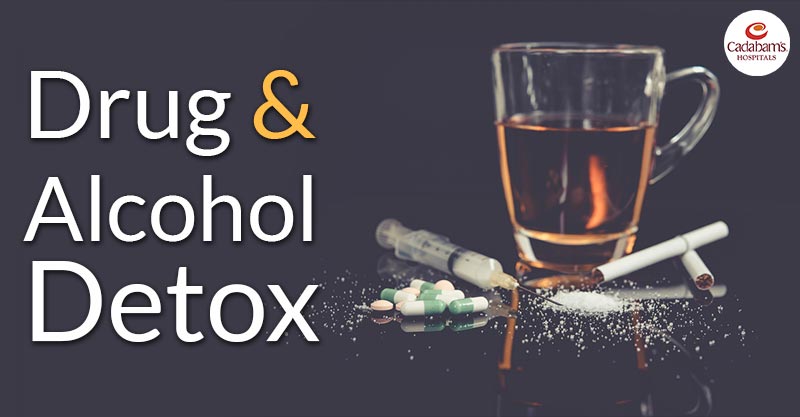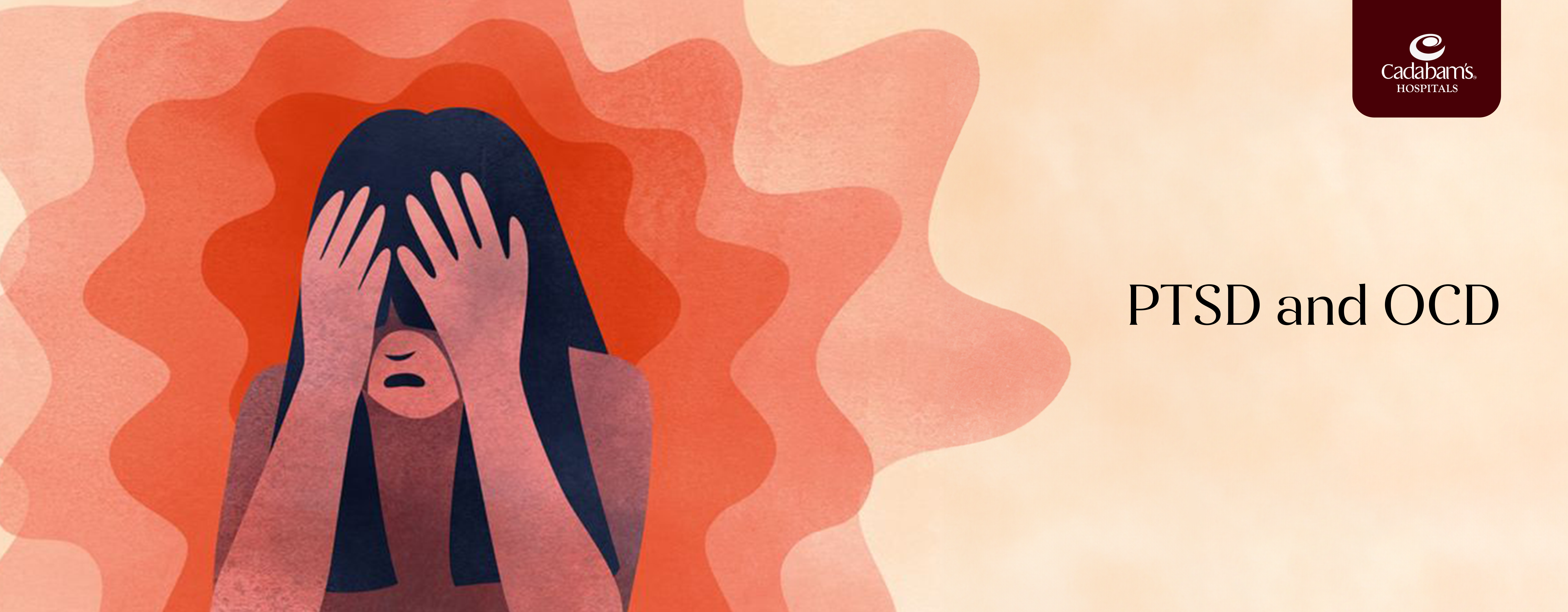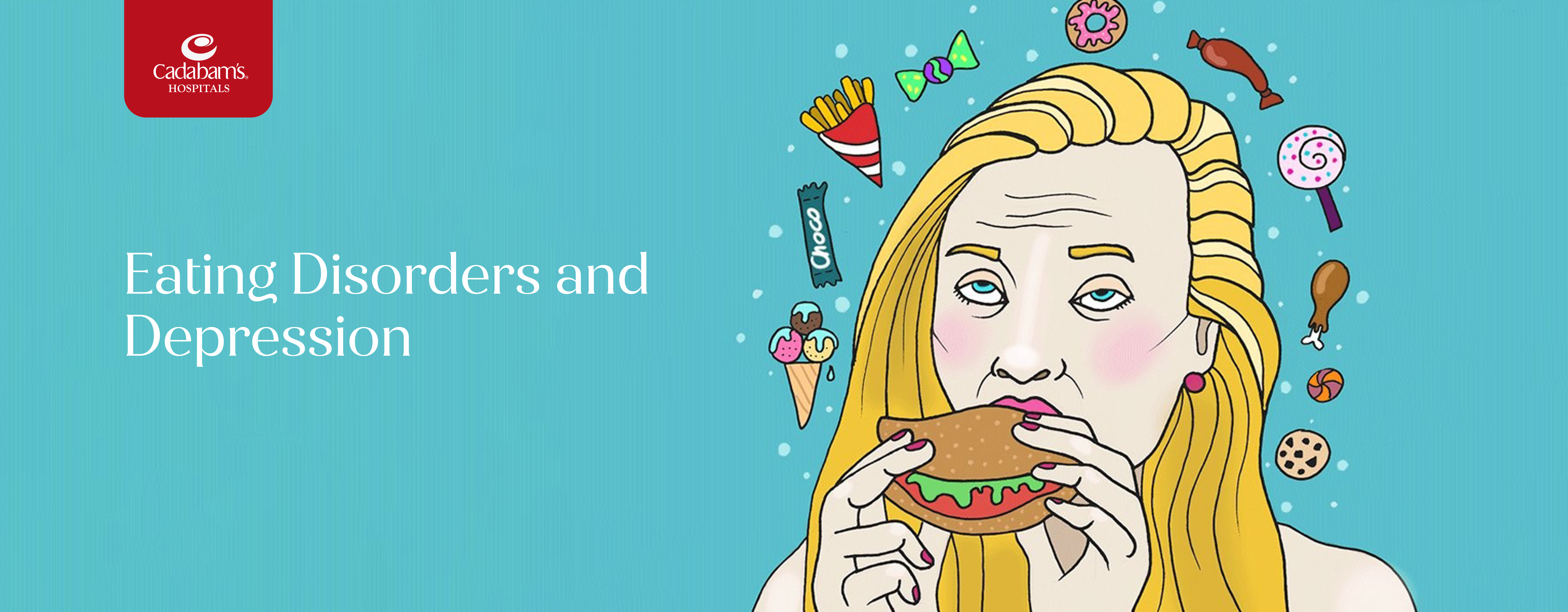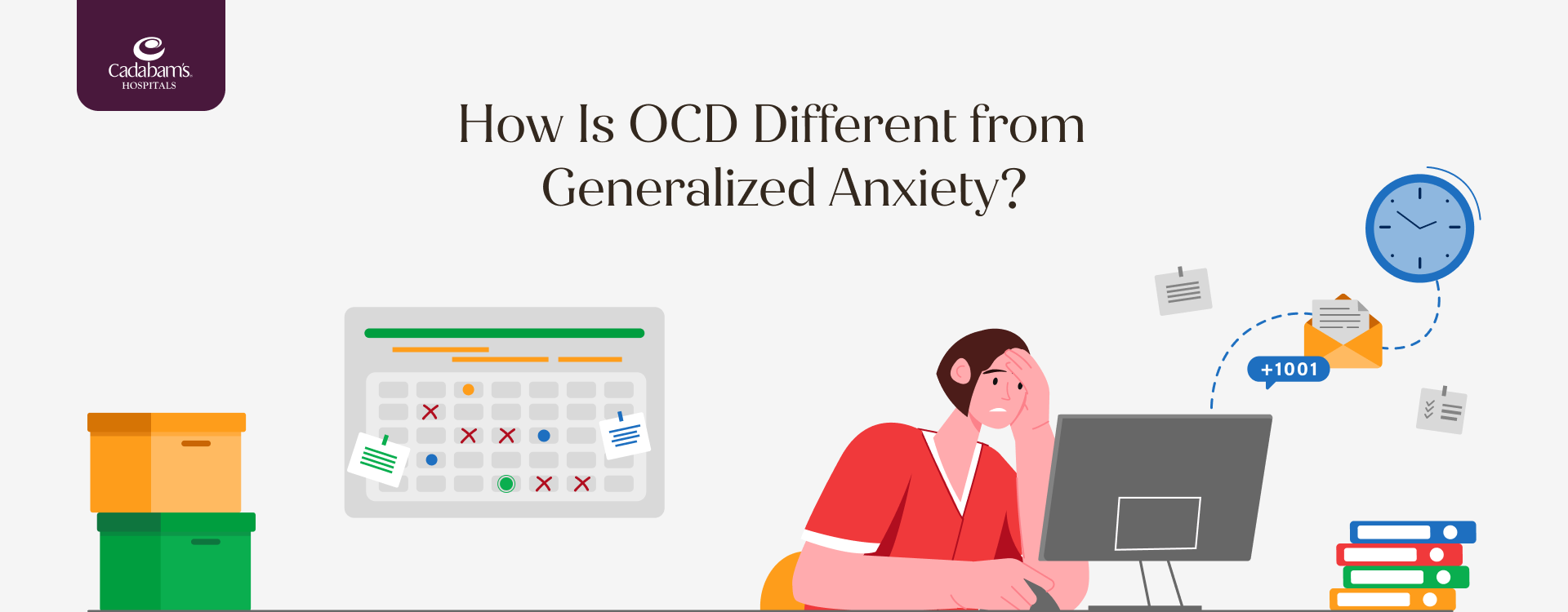Table of Content
It’s really easier said than done. If you know anyone who has been under the influence or has been affected by drugs and alcohol abuse, you know how difficult it can be. Rehabilitation and detoxing are some of the most common methods we use to help in cases like these. Going cold turkey can more often than not be extremely difficult for people who regularly drink alcohol or take drugs. It can be crucial to someone’s well-being how this is carried out, and this should be only in the hands of medical professionals. However, it is quite essential to know what exactly it is, and how one can approach it properly.
What is detox/detoxing and why is it necessary?
When one is consuming drugs and alcohol, our body ends up becoming reliant on them to produce chemicals in the brain. We become dependent on the substance(s), which is why when we try to quit our body reacts in the form of withdrawal symptoms such as hallucinations, headaches, nausea, fevers, delirium tremens, fluctuating blood pressure, and uneven heart rate. The toll it takes on one’s mental health is a completely different topic altogether.
Detox is essentially a process of clearing impurities such as alcohol and drugs from the body. The main necessity is to manage withdrawal symptoms that the body shows after the consumption of the substance has ceased. Like withdrawal, detox has different effects on different people, and it also varies on the kind of alcohol/drug that was used, as well as the duration of consumption. Other factors which need to be considered are the amount taken, method of consumption, and medical and genetic history.
How long will it take to detox alcohol and detox drugs out of your system?
It really depends on a lot of factors, as mentioned above, but in most minor cases it ranges from a few days to a few weeks. In major cases, as is with hard drugs, it could take longer. However long it may take, the detox isn’t the tough part of it, it is the desire to make long-term changes to make sure that the individual doesn’t relapse, for whatever reasons. Managing these triggers is very, very important, which is when rehab is usually sought out.
How do you detox your body from drugs and alcohol at home? - Is it possible?
In most cases, the answer is no. It is almost next to impossible to be able to detox completely without the right medical help. Monitoring the individual in a medical facility can be essential since there are real issues that can crop up such as violent seizures and dehydration. However, one can do smaller things to help the body cope with the alcohol consumption part at least. Things such as sleeping (counters the restlessness associated with drinking), drinking lots of fluids such as water, electrolytes, and tea (counters the dehydration), eating food (counters the low blood sugar and prevents crashes), and sweating out all the alcohol (facilitates in extra oxygen intake which aids the liver in the detox process). These techniques however aren’t a permanent solution, and these are only relevant when the case is a very minor one and a one-time one. If you or a loved one near you is suffering from alcohol or drug addiction, please reach out to a medical team, because this isn’t something that can be handled just at home.
So what is the drug and alcohol detox process?
The method is usually different for each person as their case history is also unique. The usual ways to detox your body from alcohol and drugs include:
- Evaluation- Naturally, the medical team needs to ascertain exactly the level of the problem, and how much medication needs to be administered. There is usually a comprehensive case review, wherein the patient’s history with drugs, medicine, and mental state is evaluated. Post this, the plans for the long term are determined, most likely associated with rehab at a treatment center.
- Stabilization- After the basis of the long-term treatment has been started, we are all set for the therapy. In this stage, the main aim is to prevent the patient from being harmed. There is usually a medication that is prescribed to prevent withdrawals, and of course, there are lifestyle changes that are implemented as well.
What are the side effects of detox?
There is usually always an association of pain and danger when it comes to detox, which is generally associated with the symptoms of withdrawal. Complications are usually avoided if the patient is under supervision, especially in the early days of addiction treatment. Some symptoms that can be expected are things like nausea, mood swings, poor sleep, physical and bodily discomfort, anxiety, nervousness, and lack of attention. These, however, are nothing in comparison to the price one has to pay if one doesn’t get the help they need and continue to substance abuse.
In Conclusion
Addiction is definitely not something that is a joking matter and needs to be considered in all seriousness. People should be given the best support they can if they want to go clean and detox themselves. Treating alcoholism shouldn’t be anything one should be afraid of getting help for. Consumption really changes a person and more often than not the individuals can’t help themselves and how they behave. If you or a loved one around you is facing issues such as these, please reach out for help when needed. With the right guidance, one can be on the clean path once again.
How Cadabam's Help you for Addiction?
- 410+ Professional Consultants
- 1,00,00+ Happy Faces
- 120+ Currently Seeking Treatments











